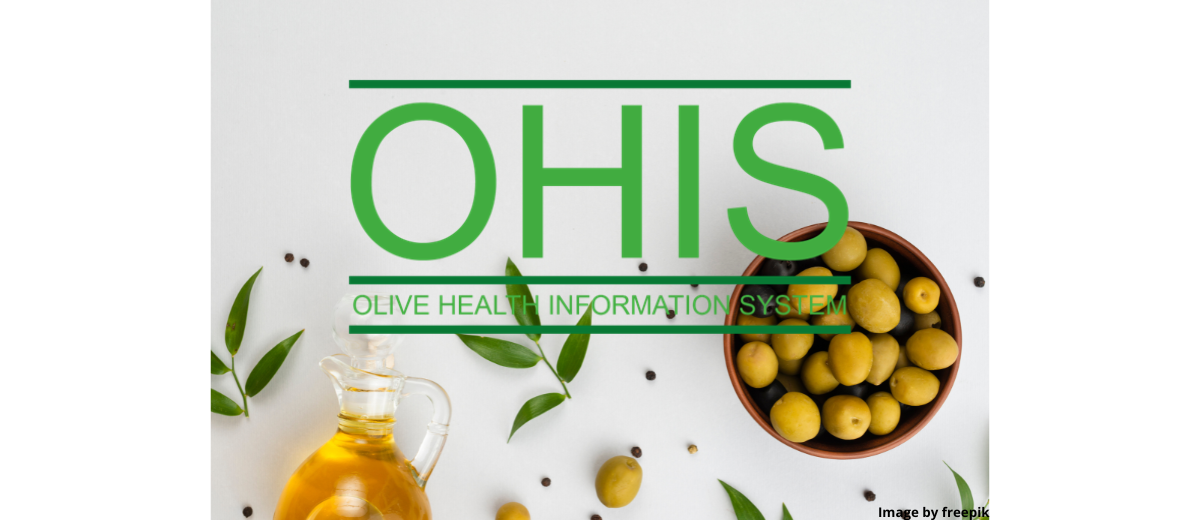This week on the Olive Health Information System website
The newsletter of the University of Navarra and the IOC dedicated to health
Emerging research continues to highlight the profound impact of diet quality on both cancer prevention and long-term survivorship. Two recent studies provide compelling evidence linking healthy dietary patterns to reduced risks of gastrointestinal cancers and cardiometabolic complications in breast cancer survivors.
On one hand, a large cohort study using NHANES 2005-2018 data found that higher adherence to the Mediterranean diet (measured through the Alternate Mediterranean Diet Score (aMED)) and adherence to healthy dietary patterns aligned with American dietary guidelines (assessed by the Healthy Eating Index (HEI-2020)) were significantly associated with a lower risk of gastrointestinal cancers. Participants in the highest HEI-2020 tertile had a 30% reduced cancer risk, while those with the highest aMED scores experienced a 37% risk reduction. Mediation analysis suggested that serum albumin and uric acid levels might play a role in this relationship, reinforcing the link between diet, inflammation, and cancer prevention.
On the other hand, the Pathways Study investigated the impact of diet quality on cardiometabolic health among breast cancer survivors. Analyzing data from 3,415 breast cancer survivors over an average follow-up of 11.5 years, researchers found that higher HEI-2020 scores were strongly associated with a 30% lower risk of developing any cardiometabolic condition. Those who followed the DASH diet (Dietary Approaches to Stop Hypertension), the plant-based Healthy Provegetarian Diet, and the American Cancer Society dietary guidelines also experienced reduced risks, particularly for diabetes.
These studies reinforce the role of plant-based, anti-inflammatory diets rich in whole foods, healthy fats, and antioxidants in both cancer prevention and survivorship care. The Mediterranean diet, which emphasizes olive oil as a primary fat source, has consistently been associated with reduced inflammation, improved metabolic markers, and lower cancer risk. Given these findings, promoting adherence to olive oil-centered dietary patterns may be an effective strategy for enhancing both cancer prevention and post-diagnosis health outcomes.
Other articles mentioned this week in the OHIS newsletter:
Cancer
Diet quality and cardiometabolic health in breast cancer survivors: the Pathways Study.
Mental health and neurodegenerative diseases
Diet interventions for depression: Review and recommendations for practice.
Human gut microbiome, diet, and mental disorders.
Women health
Dietary patterns including the Mediterranean diet
Psoriasis
Olive oil










